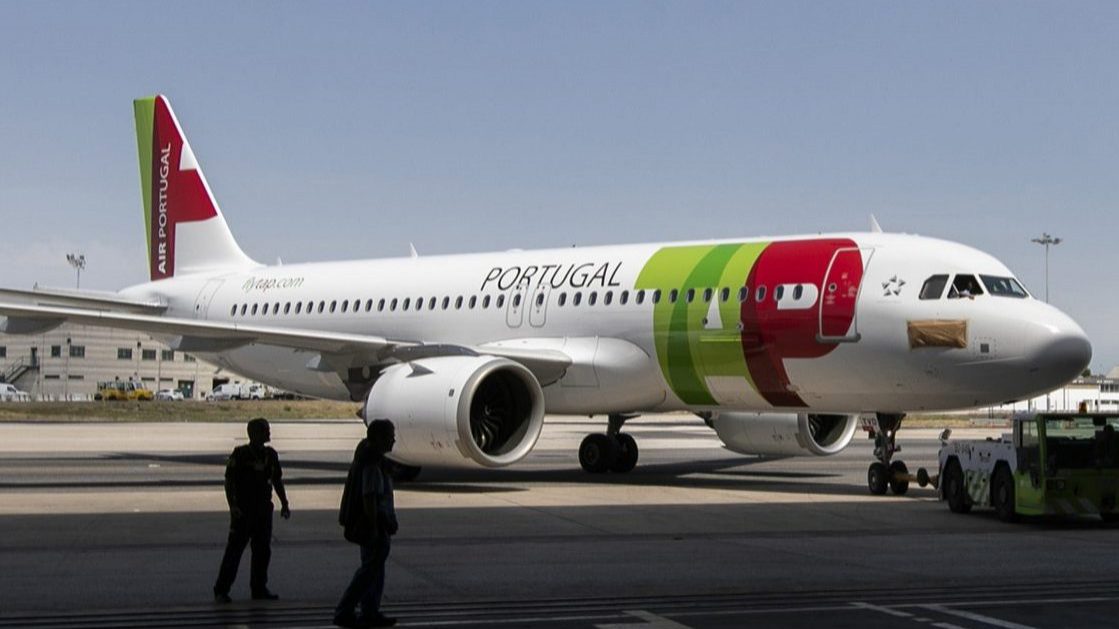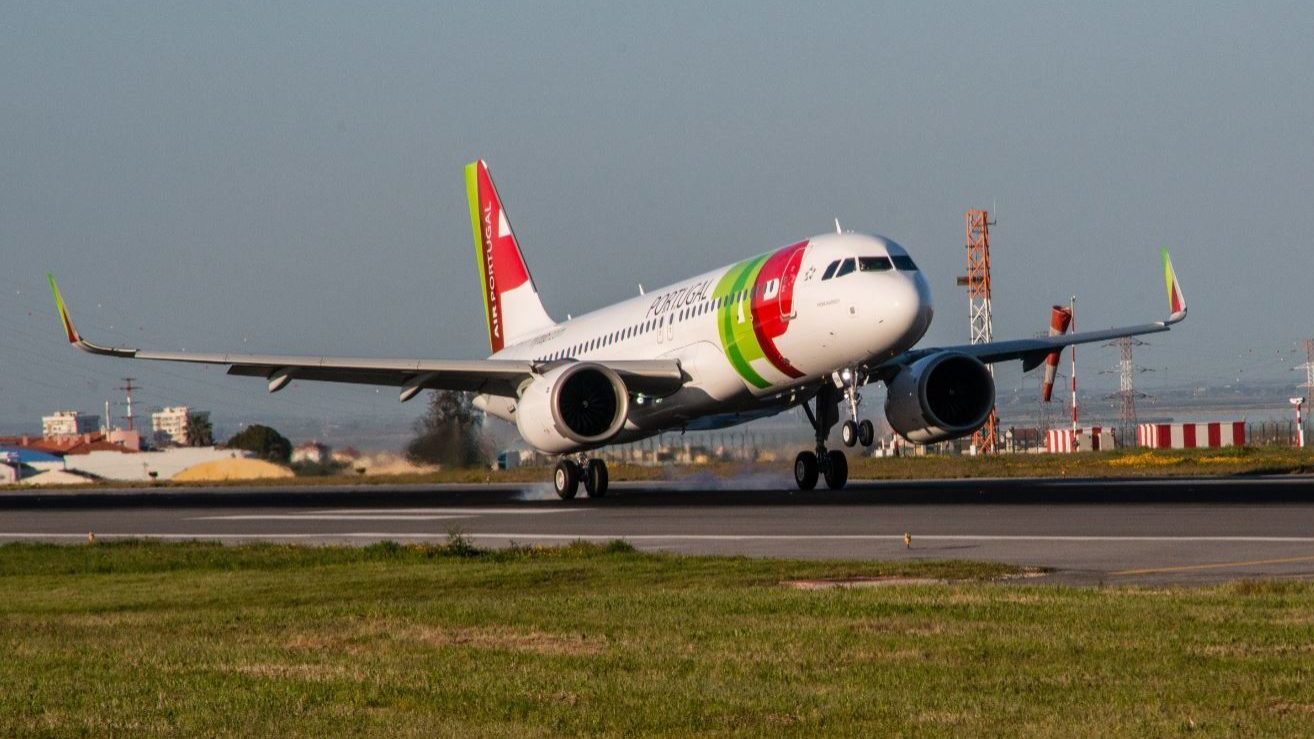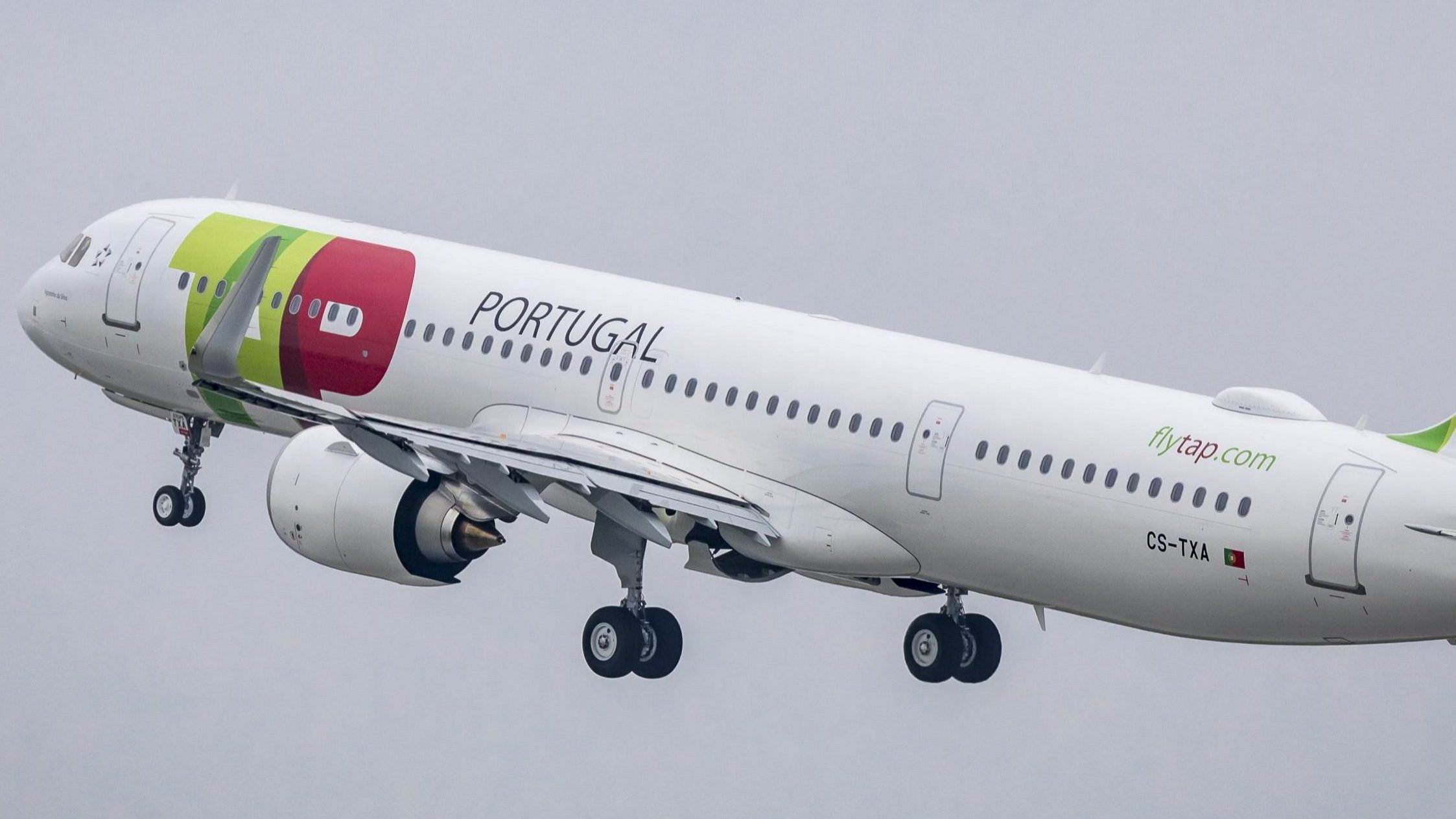Pilots union accuses TAP management of “arrogant, intimidating attitude”
SPAC accused TAP of maintaining an "arrogant and intimidating attitude" since the beginning of the restructuring process.
The Civil Aviation Pilots Union (SPAC) on Monday accused TAP of maintaining an “arrogant and intimidating attitude” since the beginning of the restructuring process, blaming the company if the voluntary measures programme fails.
“If the voluntary measures programme is a failure, it is TAP’s responsibility, because it badly designed the programme, did not listen to the unions and ignored the legitimate expectations of the workers”, says the SPAC in a statement, considering the company’s stance “absolutely unacceptable” when “the future of many pilots and their families is at stake.”
For the union, “the way the voluntary measures programme has been conducted calls into question the effort that pilots have made by accepting huge cuts in their pay (50%) and the Emergency Company Agreement.”
According to the union, “since the beginning of the restructuring process, the Board of Directors of the TAP group and its HR (human resources) services have, in relation to SPAC, alternated between autistic behaviour and a posture of interaction.”
“The programme is poorly structured, reveals information deficiencies and is absolutely opaque,” it considers, accusing HR management of being “unable to answer the pilots’ most legitimate questions” and adopting “an arrogant posture in the face of the need for dialogue and a real clarification of the options that are posed and that matter for the decision of those concerned.”
The success of the voluntary measures has direct impact on the situation of those who remain to keep TAP operational and viable”, the union also believes that, with this position, “TAP disregards the situation of those pilots who gave many years of their lives for the success of the company, removing legitimate expectations regarding social benefits that the pilots contributed to and counted on.”
Additionally, “pilots are intimidated with the overbearing proposals” that it says have been presented by TAP, from the “impossibility of negotiating conditions”, to the imposition of “unacceptable contractual clauses” and the removal of “the union’s collaboration in representing collective interests.”
“The fact that the measures and conditions are being changed every week, which will imply the extension of the deadline, is also an example of the way in which the group has handled an issue that deserves the seriousness and competence of all parties involved in the process.”
In this context, the union reiterates the appeal for an extension, “at least until the end of March, of the deadline for acceptance of the voluntary measures”, so that all workers are informed “of the true implications of the various hypotheses put forward by TAP” and that “conditions are created for there to be an effective voluntary departure of pilots”.
After five years of private management, in 2020 TAP returned to state control, which now holds 72.5% of its capital, after the company was severely affected by the Covid-19 pandemic and the European Commission authorised state aid of up to 1.2 billion euros for the Portuguese flag carrier.
A restructuring plan for the company was submitted to the European Commission on the last day of the deadline, on December 10, and foresees the dismissal of 500 pilots, 750 cabin crew, 450 maintenance and engineering workers and 250 from other areas.
The plan also provides for a 25% reduction in the group’s wage bill (30% in the case of corporate bodies) and a reduction in the number of aircraft in the company’s fleet, from 108 to 88 commercial planes.
In total, by 2024, the company should receive between 3.414 billion and 3.725 billion euros.


